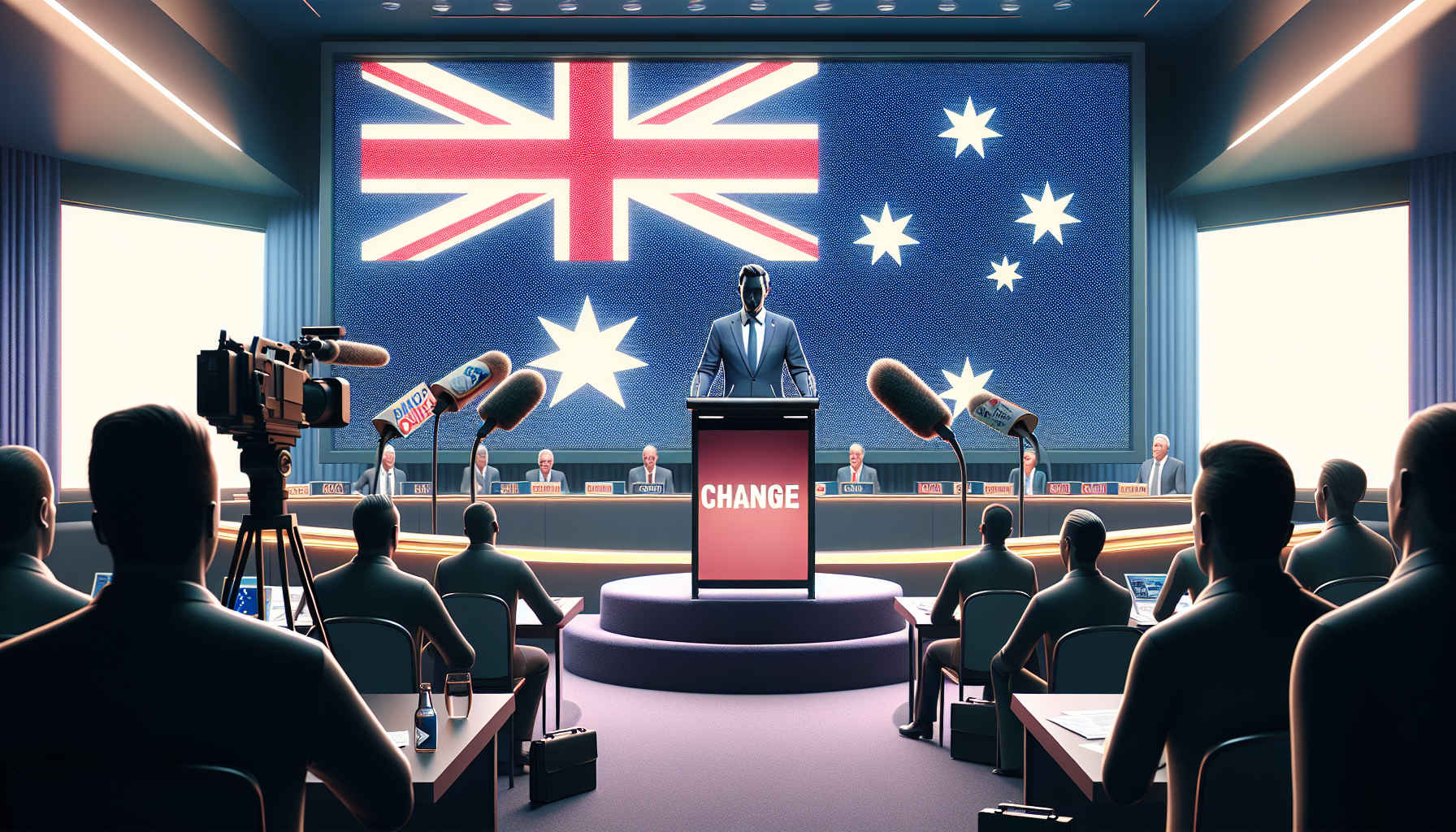
Albanese changes position on gambling advertisement prohibition
Australian Prime Minister Anthony Albanese has modified his previous position concerning a possible prohibition on gambling advertisements. Initially, there were strong signs that his administration was contemplating considerable limitations on gambling ads, responding to increasing public and political demand to restrain their impact. However, in a recent announcement, Albanese made it clear that such actions are not on the agenda at this time.
For bettors and industry experts, this change offers a degree of certainty—at least for the moment. The possibility of an outright ban had raised worries about access to betting platforms and potential interruptions to major sporting broadcasts, where gambling ads are an essential source of revenue. Albanese’s updated statement indicates that while the government acknowledges the issues surrounding gambling harm, a total ban on advertisements is not an urgent concern.
Many within the betting community view this as a sensible approach, acknowledging the important role gambling plays in Australia’s economy and sports culture. Betting operators, media outlets, and professional bettors alike had been observing closely, as a ban could have drastically reshaped the environment for promotions and odds transparency. Instead, Albanese’s recent comments suggest that while regulatory modifications may still be forthcoming, they are unlikely to be as severe as previously anticipated.
This news means that for the time being, major bookmakers and tipsters can proceed without the immediate danger of losing essential advertising opportunities. However, industry stakeholders will need to remain vigilant regarding any policy alterations, as gambling-related regulations continue to be a contentious issue in political discussions.
Consequences for the gambling sector
For the gambling sector, Albanese’s choice to step back from an all-encompassing advertising ban indicates a continuation of normal operations—for the time being. Betting firms, media outlets, and sports organizations that heavily depend on gambling sponsorships can exhale in relief, escaping what would have been a considerable financial blow. With the AFL and NRL closely linked to gambling sponsorships, any stringent restrictions could have hindered revenue flow and affected how odds are communicated to bettors.
From a bettor’s viewpoint, this translates to ongoing access to promotions and live odds updates that have become integral to the sports wagering experience. Without an outright prohibition, punters can still expect advertisements featuring enhanced odds, improved multi-bets, and exclusive deals to remain a significant component of their betting choices. However, the government’s relaxed position doesn’t indicate that regulatory oversight is off the table—there may still be stronger controls, especially regarding the timing and placement of gambling ads.
A critical aspect to monitor will be how sportsbooks revise their marketing tactics moving ahead. While a full ban is not in prospect, companies might proactively modify their advertising strategies to prevent future governmental intervention. This could lead to a shift towards more responsible gambling messaging or a heightened focus on direct consumer engagement through apps and loyalty initiatives rather than traditional media outlets.
For professional bettors and gambling fans, the absence of a ban ensures that odds visibility remains consistent across major broadcasts and online platforms. This is vital for those who depend on real-time market fluctuations to make informed bets, particularly during live events where odds are perpetually in flux. Any constraints on advertising could restrict access to critical information, complicating efforts for serious bettors to effectively assess value plays.
Despite the current temporary relief, the gambling sector must stay alert. Public opinion surrounding gambling ads continues to be polarized, and potential future regulatory changes—whether in the form of ad timing limitations or additional responsible gambling initiatives—are still conceivable. For the moment, however, punters can carry on engaging with the market as they have always done, capitalizing on the full spectrum of promotions and insights offered by the industry.
